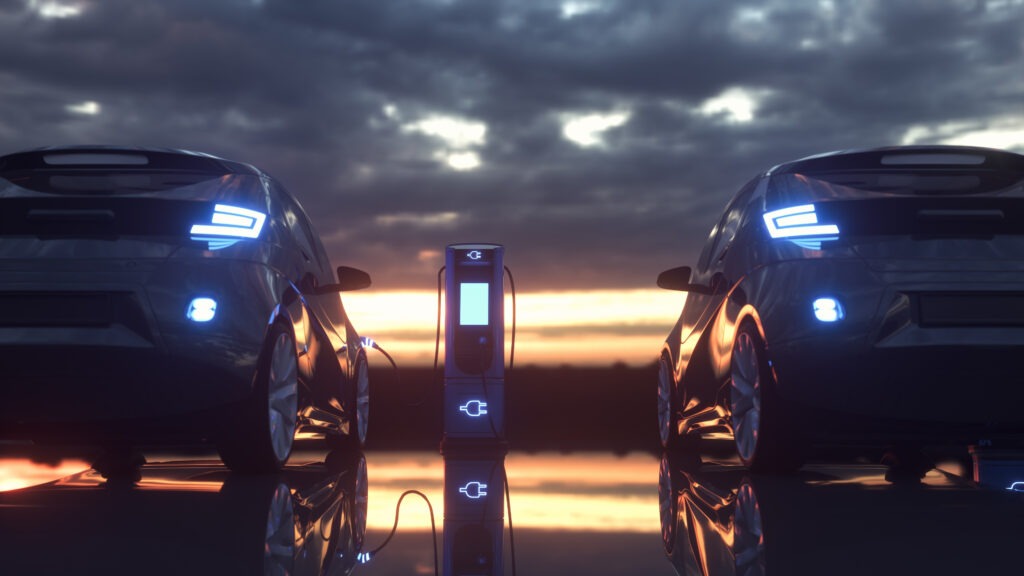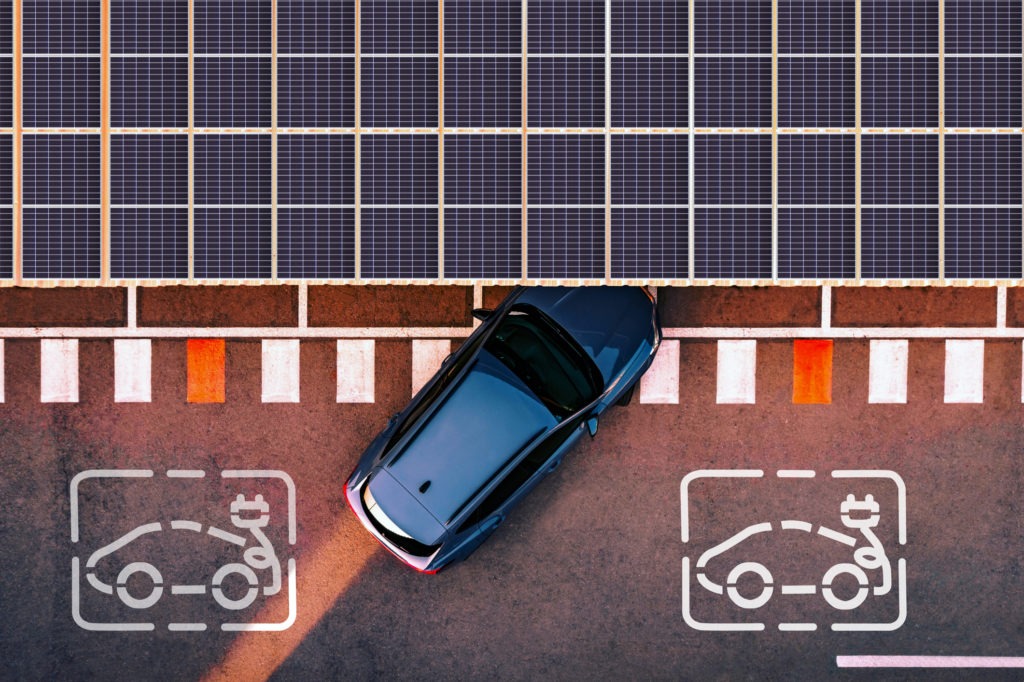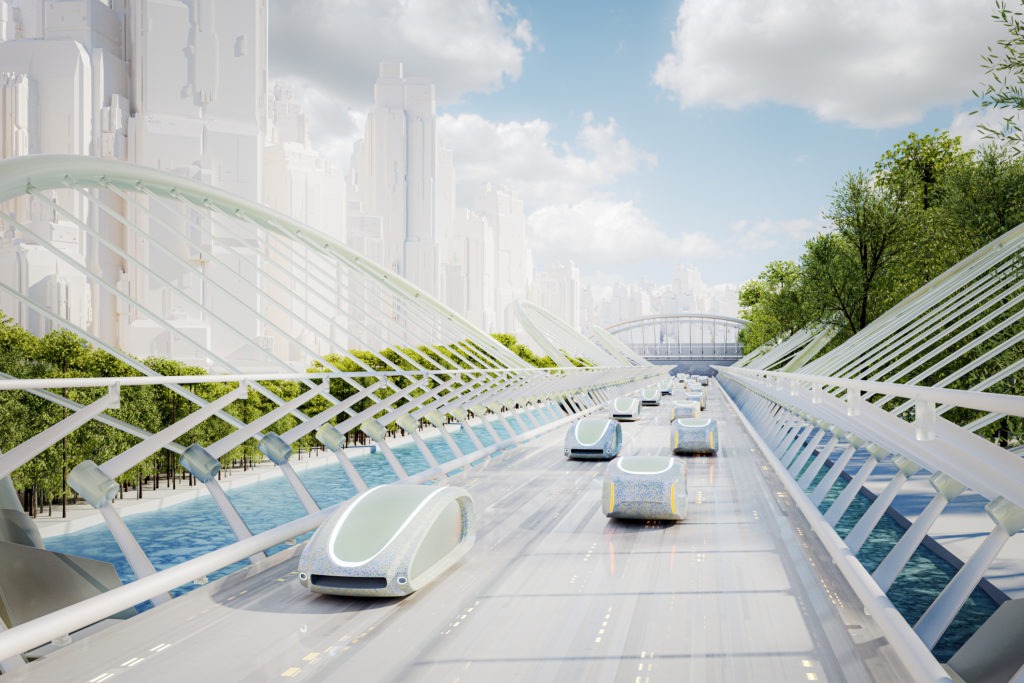Flying boats and e-bikes – carmakers push for new business models in the age of electrification
14 September 2022

Carmakers are expanding their business activities as transport goes electric and new mobility concepts usher in change, writes Autovista24 journalist Rebeka Shaid.
The automotive industry is experiencing an electric transformation, with carmakers shifting business models to adapt to a new era of mobility. Electric vehicles (EVs), scooters, bikes, and boats are changing the world of transport, bringing with them new market opportunities for carmakers.
Manufacturers cannot afford to rest on their laurels and are altering their strategies to invest in innovative mobility offers to keep up with competition and increase their market share in other areas of transportation. Mobility concepts are changing, and carmakers are feeling the pressure to adjust their product offerings – sometimes, in surprising ways.
New mobility
As an industry megatrend, electrification is having a clear impact on many forms of transportation, be it on the road, water, or even in the air. Micro-mobility services such as e-bikes and e-scooters have become common sights in cities and urban areas across the world. Other mobility projects are focussed on electric robotaxis and even air taxis, drawing increasing attention from manufacturers.
It is not unusual that carmakers are making a commitment to new mobility concepts. Their investments in these areas allow them to forge strategic partnerships with other mobility providers as the idea of what transportation should look like is shifting.
One example of carmakers’ transforming their business models includes Polestar’s recent supply deal with electric hydrofoil company Candela. The Swedish EV maker said that the cooperation would expand its electromobility offering beyond the automotive space.
Under the multi-year agreement, Polestar will deliver batteries and charging systems to Candela, which is known for its ‘flying boats’ that travel above water on wing-like structures. The agreement marks one of the world’s first battery collaborations between the automotive and marine industries.
Polestar told Autovista24 that the deal was part of a larger collaboration between both brands. The partnership could open more opportunities for the EV maker, with Polestar adding that it would share more information on further partnership efforts with Candela in the future.
‘More broadly speaking for Polestar, the supply of battery and charging systems to a third party is a first for Polestar as an EV manufacturer. Any other future opportunities will be assessed on an ongoing basis,’ Polestar told Autovista24.
‘Both Polestar and Candela share common values centred around the mission to accelerate the shift to electric mobility in our own industries, innovative design, and driving performance. We believe the partnership will help both of us spearhead positive change in electrification and direct societal shifts towards sustainable mobility for the benefit of future generations.’
The deal will crucially create an additional revenue stream for Polestar, in effect turning the carmaker into a battery supplier. And the collaboration will be a lucrative one as batteries remain an expensive component, especially in the marine industry.
E-bikes – the next big thing?
Another premium brand looking to extend its mobility offering is Porsche. The Volkswagen-owned luxury carmaker has big plans for e-bikes and is eager to expand its activities in the segment. The German manufacturer recently launched two joint ventures, which will focus on developing electric-drive systems for two-wheelers, including motors and batteries.
‘We see great potential for Porsche in the e-bike segment,’ said Lutz Meschke, deputy chairman of the executive board of Porsche. ‘It is all about developing products that inspire people through intelligent design, sophisticated technology and outstanding performance.’
Porsche declined to comment further on its e-bike endeavours to Autovista24. However, the latest press release on the topic reveals that the company plans to roll out a new generation of e-bikes by the middle of the decade. The firm also wants to distribute its technology to manufacturers worldwide in the future.
It currently offers its exclusive eBike Cross for €7,990 while its eBike Sport can cost up to €9,990. The Porsche brand is no doubt drawing in customers eager to get a luxury feel for more sustainable mobility, and the high-end bicycles are part of a growing market. In 2020, the global e-bikes market reached around $25 billion (€25 billion) and is now expected to hit around $48.5 billion (€48.7 billion) by 2028.

Are e-bikes the next big thing in the era of electrification? Some analysts seem to think so. Consulting firm Deloitte said that between 2020 and 2023, more than 130 million e-bikes are projected to be sold worldwide, compared to 12 million electric vehicles in 2025. With e-bikes proving to be a highly popular form of electromobility, they compete and, in certain cases, could replace cars altogether.
Market opportunity
Without a doubt, electric bicycles provide market opportunities for many companies, with Porsche aiming to make their bikes more connected by providing a designated software architecture for future models. The list of car manufacturers taking an interest in two-wheeled mobility is long. Rivian, for instance, also plans to launch e-bikes, with the EV maker recently re-registering its trademark rights to include electric bikes.
Last year, BMW presented its i Vision Amby, ‘the first high-speed pedelec for urbanists.’ The Amby looks like an e-bike, but the Bavarian manufacturer claims it can offer more than a bicycle. Meanwhile, Peugeot has a range of electric bikes on the market that are reasonably priced to appeal to the broader masses – after all, the company has more than a century of experience in building bicycles.
‘Peugeot is one of the few brands that provides 360° mobility with four wheels and two wheels, and it is part of our history,’ Gaël Colin, who is in charge of Peugeot customer experience, told Autovista24. ‘Bikes and e-bikes are part of the brand’s mobility and electrification strategy. 50% of the Peugeot Cycles models are e-bikes in 2022.’
Then there is Jeep, with its foldable, as well as mountain and trekking e-bikes. Other car manufacturers, such as India’s Mahindra, have been active in the e-bike segment for a while, a booming market that can help car manufacturers diversify their electromobility portfolios.
Carmakers are investing in electric bikes because they are realising that the transition to new mobility concepts will likely see fewer cars in the future, particularly privately-owned vehicles. Hence, they are zooming in on new mobility business models to develop emerging markets that can help future-proof their activities.
To make electrification a success beyond the automotive space, car manufacturers are radically rethinking their portfolios and current structures. Flying boats and e-bikes are just two examples of carmakers exploring lucrative and emerging mobility trends – and there could be more to come.



